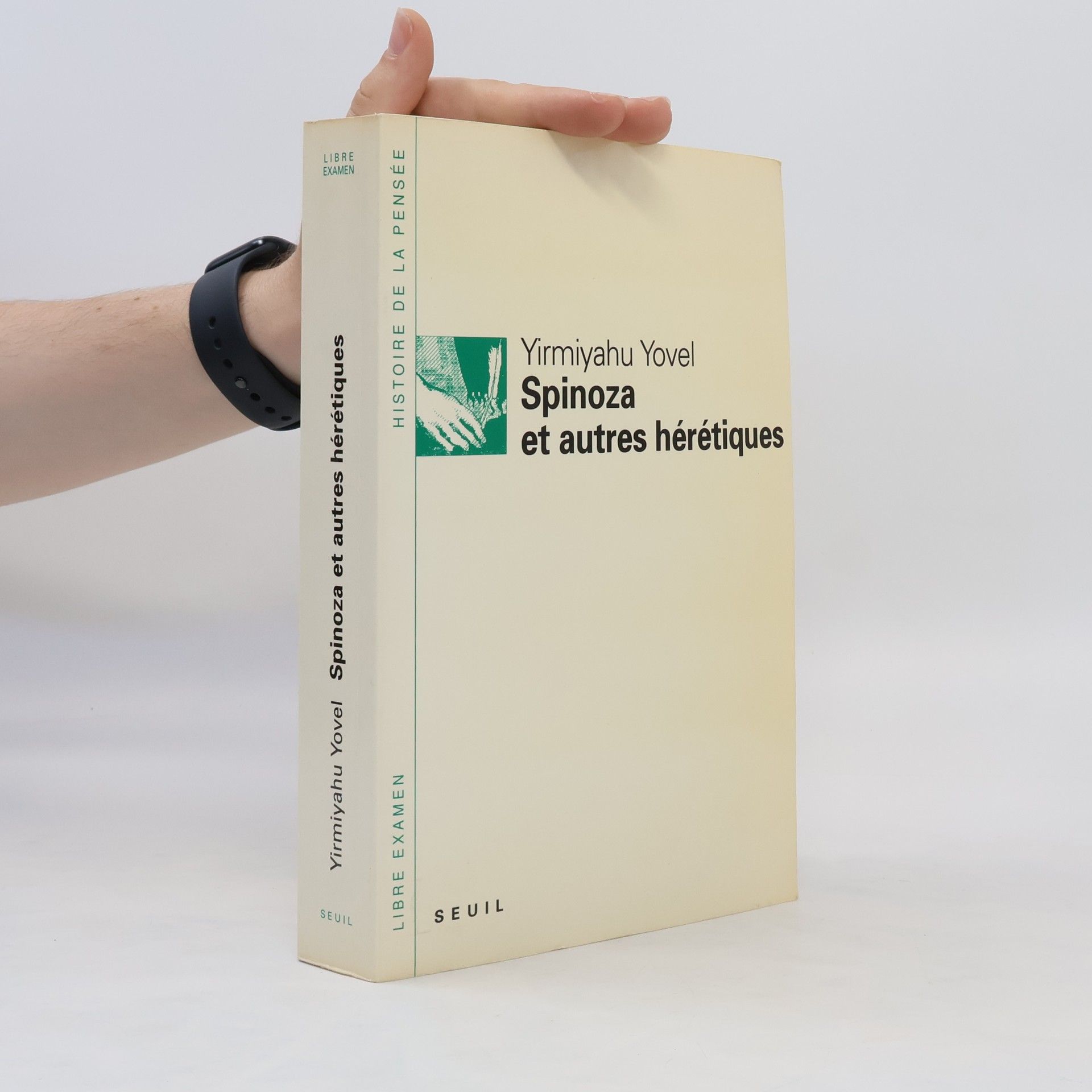Spinoza
Das Abenteuer der Immanenz
In seinem so lesenswerten wie lesbaren Buch führt Yovel die Philosophie Baruch Spinozas auf ihre historischen Ursprünge im spanischen Marranentum zurück. Seine »Philosophie der Immanenz« – alles Sein ist diesseitig und außerhalb davon gibt es nichts – stellt die Hauptprämissen des Judentums wie des Christentums in Frage und gibt zugleich der philosophischen Tradition eine revolutionäre Wende. Mit seiner »Parteinahme für die Weltlichkeit« wurde Spinoza zum Vorboten der Moderne. Kant, Hegel, Heine, Feuerbach, Marx, Nietzsche, Freud haben sich auf Spinoza bezogen. »Für jeden, der sich für die Auseinandersetzung des Judentums mit der Moderne interessiert, ist dies ein unverzichtbares Buch.« (Michael Walzer, Princeton).


